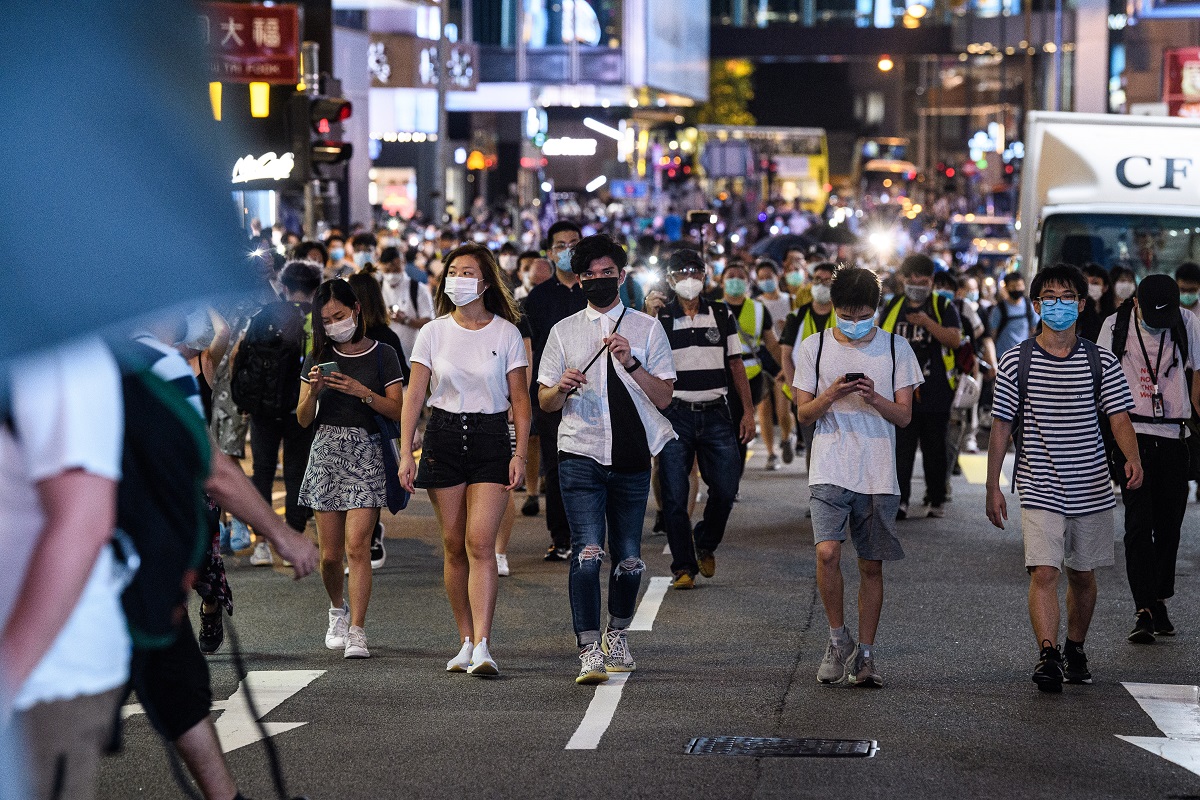Having prevaricated in Libya and subsequently in Syria, the human rights experts of the United Nations on Friday advanced a stern message that must resonate in the echo chambers of Hong Kong and Beijing. The message is directed at Xi Jinping’s China, albeit indirectly.
The world body has been suitably forthright to declare that the new security law poses a serious risk to Hong Kong’s freedoms. The legislation has been widely criticised since it was imposed by Beijing in June after months of spirited pro-democracy protests in Hong Kong last year. In the letter made public on Friday, experts said the law breached international legal obligations. As the voice of the comity of nations ~ at any rate, theoretically ~ the UN has expressed misgivings that it could be used to prosecute political activists.
Advertisement
The law, which criminalises secession, subversion, and collusion with foreign forces, has silenced many protesters since it came into effect. Its severity can be guaged from the fact that Hong Kong police arrested ten people in August in their largest operation yet under the legislation. Its action came in the aftermath of a dramatic raid on the city’s biggest pro-democracy newspaper, Apple Daily, and the arrest of its founder, Jimmy Lai.
The move shocked many in Hong Kong and triggered widespread global condemnation about eroding freedoms in the former British colony. While there have been multiple arrests and ongoing probes under the new security law, so far only one person has been charged. The reverse swing of the pendulum must be palpable enough.
The content of Friday’s 14-page letter is self-explanatory. Posted on the UN human rights office website, 48 hours after it was sent to the Chinese government, it was mailed by Fionnuala Ni Aolain, a UN special rapporteur on protecting human rights while countering terrorism, and six other UN experts. They were explicit on the fact that the new law’s measures do not conform to China’s legal obligations under international law.
The experts also raised serious concerns about its impact on the freedoms that were guaranteed to Hong Kong when it was handed back to China from British control in 1997. By the yardstick of democratic freedom, the experts wrote, “We are particularly troubled that this legislation may impinge impermissibly on the rights to freedom of opinion, expression and of peaceful assembly.”
The “grave risk” of targeting the legitimate activities of political opponents, critics, students, and lawyers among others is, therefore, dangerously real. Similar concerns have been echoed by pro-democracy activists in the city. On Tuesday ~ three days before the UN stepped in ~ prominent activist Agnes Chow, who was among the group detained under the law last month, said dissent in the city was being silenced.
“I hope the world, not only the whole of Hong Kong, could know that the national security law is actually not a legal thing, but a political tool for the regime, for the government to suppress political dissidents.” China has swiftly rejected the UN intervention as “interference in its affairs”, a perception that holds no water.
